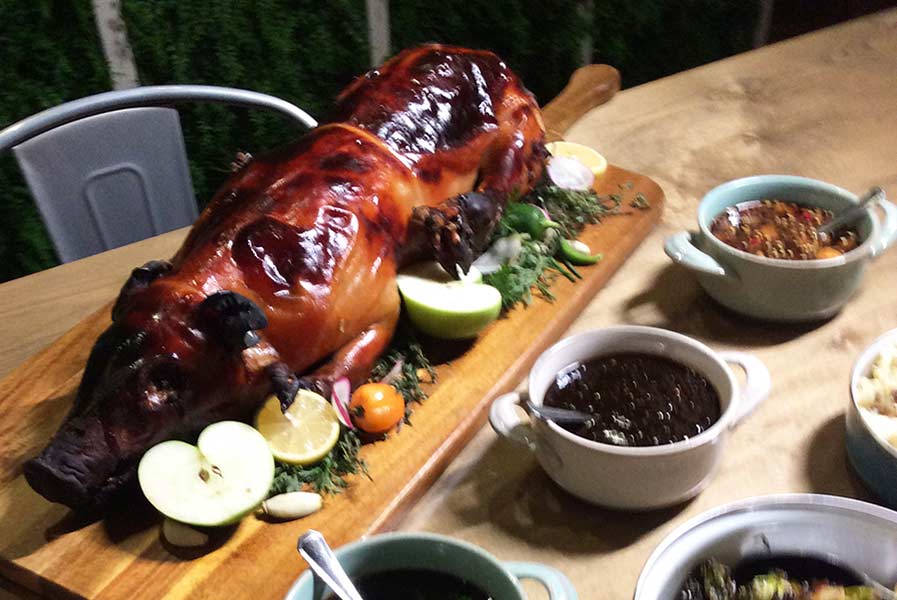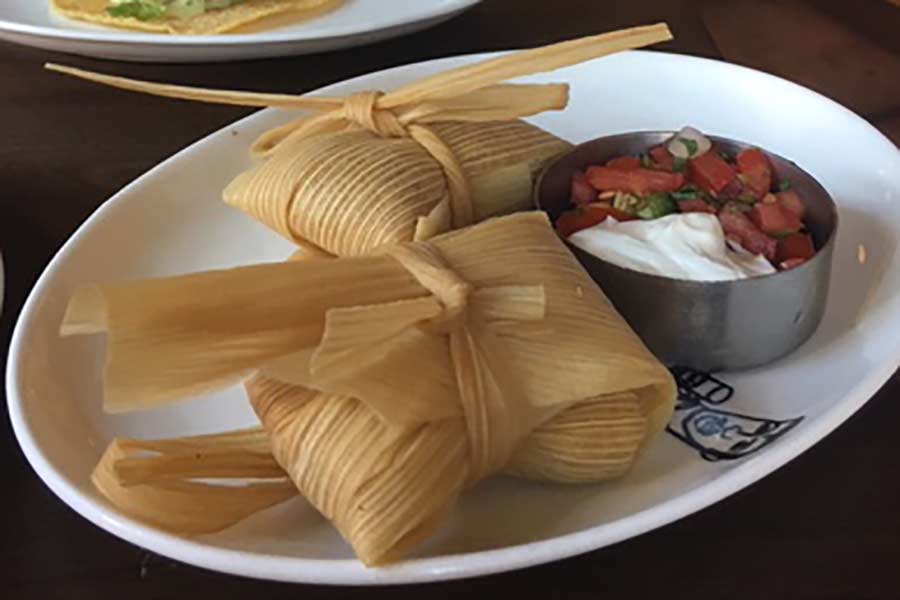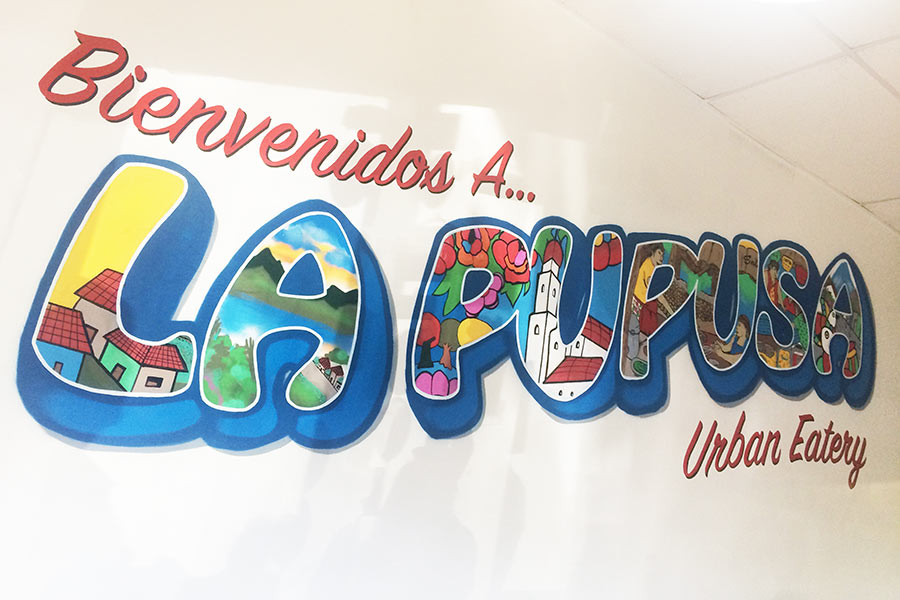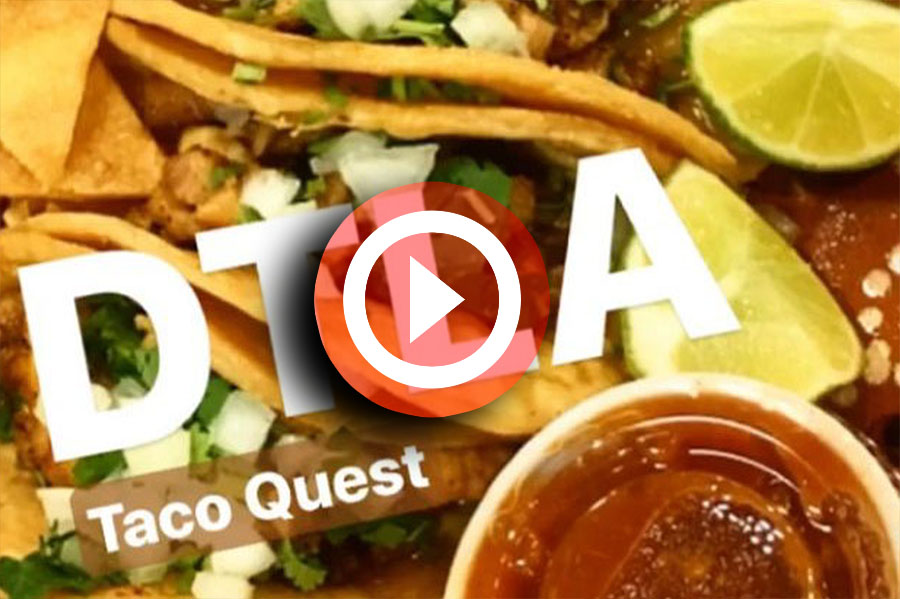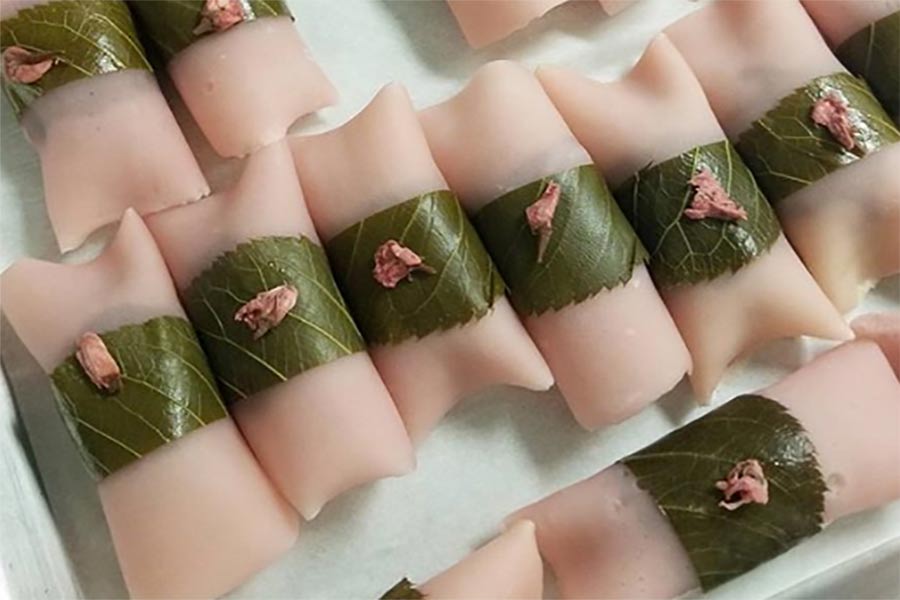
Did you know that DTLA offers you an escape to an artsy hand-crafted Japanese feast unlike any you’ve experienced? Even if you are well versed in Japanese cuisine you haven’t had it with this Angelino’s style…
Chef David Schlosser has created, Shibumi, a Kappo style dining experience made unique by his touch of authenticity, handcrafted ingredients, flavors, culture, and art that cannot be duplicated.
Shibumi
Shibumi’s location, in the heart of DTLA, was hand selected by Chef David to pay homage to the rich history of the Japanese in DTLA. Japanese-American culture and history are deep-rooted in DTLA. Not only was DTLA home to the first Japanese and sushi restaurant in LA, but was also home to the first importer of Japanese goods to the nation.
As you drive or walk down Hill Street you will notice a beautiful, intricate and uniquely shaped decorative window. It sits, like an art piece centered at the foot of a six or seven story tall industrial parking structure allowing a dim light to shine through but not allowing you to see inside. Just right of the window hangs a noren, a traditional Japanese curtain ordinarily hung above Japanese restaurant doorways displaying their name. Shibumi is no ordinary restaurant, it’s noren simply and solely displays the restaurant’s charming and subtle logo.
Take a few steps under the noren to grab hold of the tree branch handle and open the door to a gorgeous, intimate yet casual and approachable atmosphere. Every dish, cup, serving dish, plate, etc. is Angelino artisan hand-crafted, the 400-year-old cypress wood counter is something to be admired. You can dine on the counter or at any table, you will be surrounded by handcrafted light fixtures that provide softly orchestrated lighting.
No detail was missed in creating the ambiance and energy of Shibumi. Here you will feel some weight lift off your shoulders as you are pampered by Chef David and his superb staff. The feel is like taking a brief vacation/escape from noisy DTLA to a pleasant, intimate, stunning but casual and approachable setting, the intent of Kappo style dining.
Omakase
Omakase (meaning you’ll leave it up to your chef) is the way to go at Shibumi, especially on your first visit. Chef David Schlosser delivers, showcasing all five primary cooking techniques Kappo chefs must master: grilling, steaming, frying, simmering, and raw preparations. Do not take our word for it. There is nothing more telling of a restaurant’s food than when top chefs in DTLA continually return to you for their feasting, as is happening at Shibumi.
Omakase starts with a glass of Asahi Beer to wet your palate while Chef David prepares your first course, a snack. Crisp and fresh cucumber and chayote stuffed with shiso leaf giving the veggies a pleasing and delicate yet pungent flavor unique to shiso leaf. Following that cool, fresh snack comes another snack, this time a savory one. Fresh, in-house, thinly sliced, then fried chips of lotus root, purple yam, and daikon with just dash of sea salt to make the root vegetables flavors pop.
Moving past the snacks and beer, sashimi ensues. A Japanese sea-bream sashimi (one of many crowd favorites) topped with ginger bud and a house-made irizake (reduction made from apricot). It has just the right amount of flavor to compliment the sea-bream without masking the taste of the super fresh sea-bream itself. Hands down, one of the best sashimis DTLA has to offer.
Every meal should include a nutritious leafy green dish, what follows is a leafy green masterpiece, Ohitashi. Cooked and chilled mustard greens and spinach, these greens have just the right amount of softness and bite, topped with a walnut paste adding a nutty creaminess, complimenting the slight bitterness of greens.
If you love Sake!
A tray carrying a selection of ceramic sake cups is presented. Every cup in the tray is different, each one handmade and unique, please select the one that speaks to you. Daishichi, a hand-made Kimoto Honjozo style sake is poured into each ceramic sake cup. Daishichi is a smooth sake, with a super soft and pleasant flavor, almost like melon water (just don’t forget it is sake). Accompanying the sake, a nutritious chino greens salad (using chino farm grown greens). Raw greens alone are nutritious but here they are topped with the nutty taste of hemp seeds, omega-rich hemp oil, gorgeous hemp leaf, and creamy California avocado making it a delectable veggie/vegan superfood salad.
As would follow a salad, up next was the soup. A house-made white miso in broth and served with a soft, smooth, melt in your mouth, delightful egg custard.
Wishing this meal would never end, two main and final courses are presented: (1) California Holstein Steamed Beef strips from a dairy cow, aged for eight days, one strip topped with a two-year aged nara-zuke pickle (squash pickled in sake lees), the second strip topped with a fresh handmade in-house wasabi (made from the root, not powder); (2) Heritage Pork, marinated then grilled to a golden crispness on the outside served in kogi, with pickled daikon and leek. The way these flavors accentuate each other is art in your mouth. Nothing takes away from the flavor and quality of your meat, every bite is a unique experience, to be eaten mindfully.
Don’t say goodbye before having dessert. Have you ever heard of apricot seed ice cream? The ice cream is somewhat reminiscent of a fine pistachio ice cream. The soft nutty flavor is different, that of the apricot seeds, it is fabulous and who knew, apricot seeds have many nutritional benefits.
Creative Restraint
Shibumi is defined by Chef, Owner, and Beverage Director David Schlosser as, “Creative Restraint”, going farther he explains, “it’s like a woman wearing a black dress, it’s all about how she wears it”. The purpose of the black dress is to highlight the woman’s beauty and style but never to distract from the woman in the dress. At Shibumi, everything is handcrafted, dishes are dressed with little but exceptionally unique ingredients, all hand selected, old-school house-made, prepared, and aged (sometimes for YEARS) in-house.
Shibumi pridefully obtains the highest-quality local, organic, and sustainable ingredients found in California and Japan. The menu will highlight seasonal changes, always using ingredients at their prime. www.shibumidtla.com


